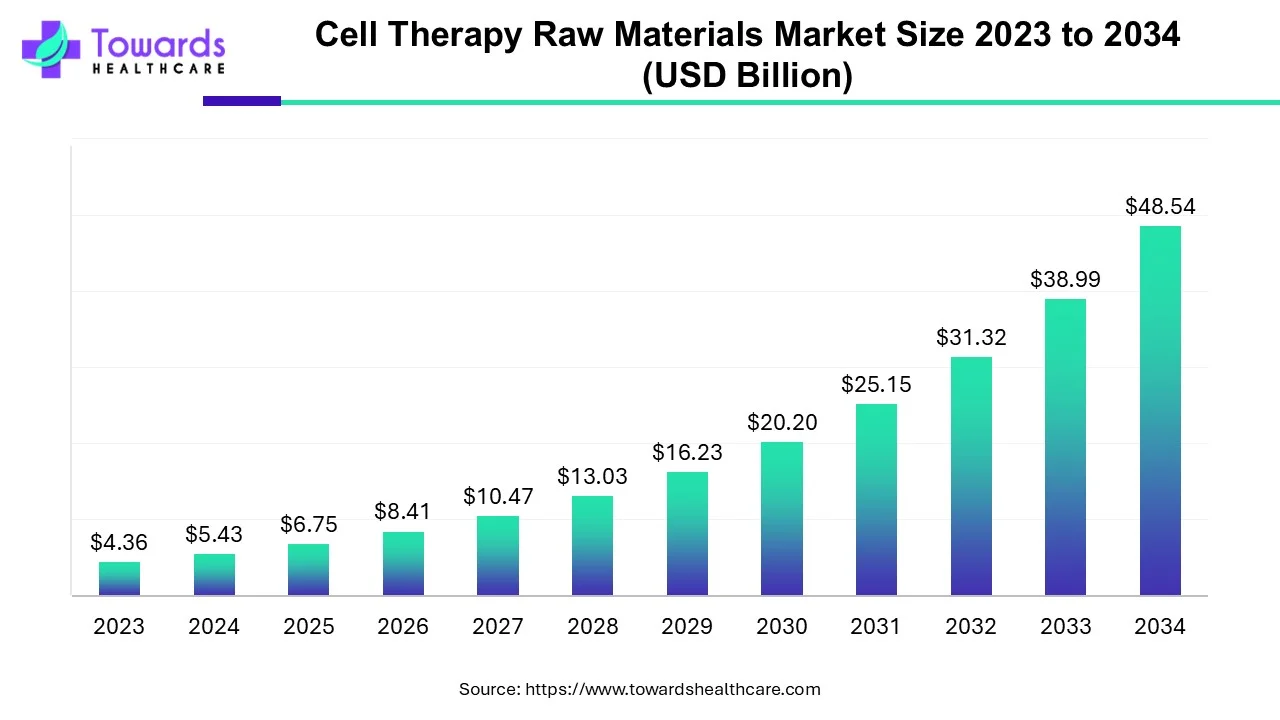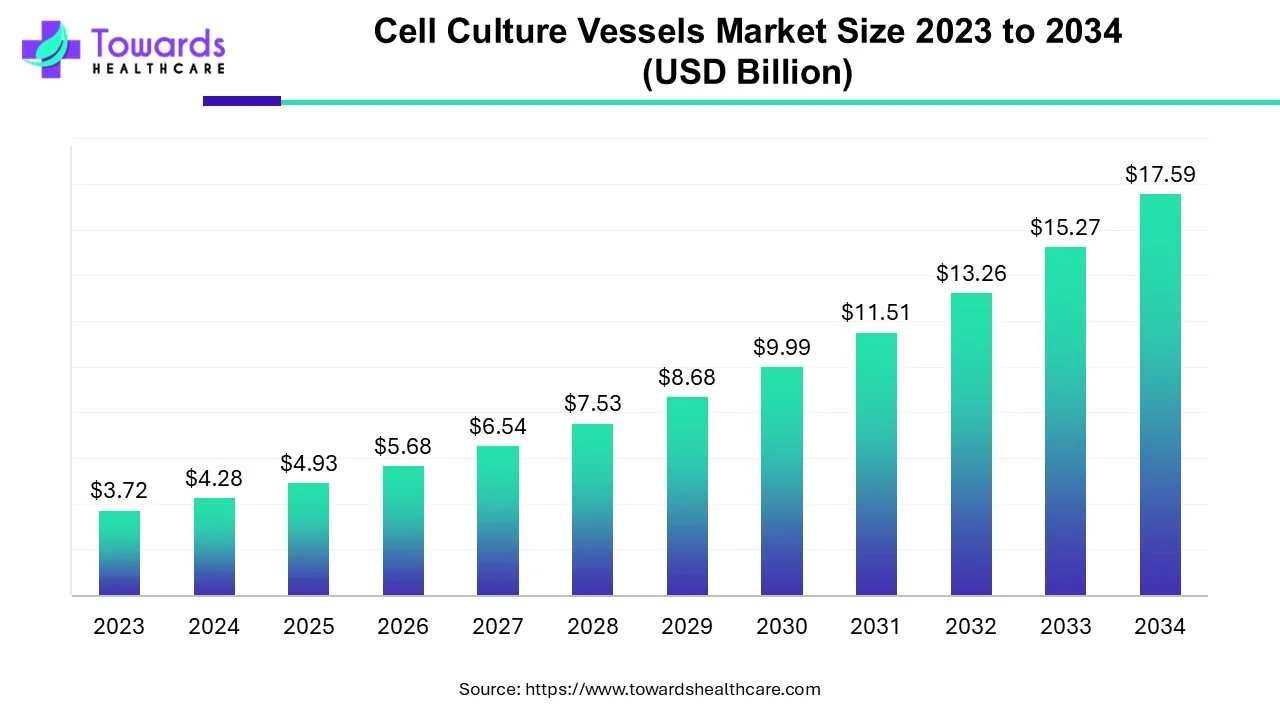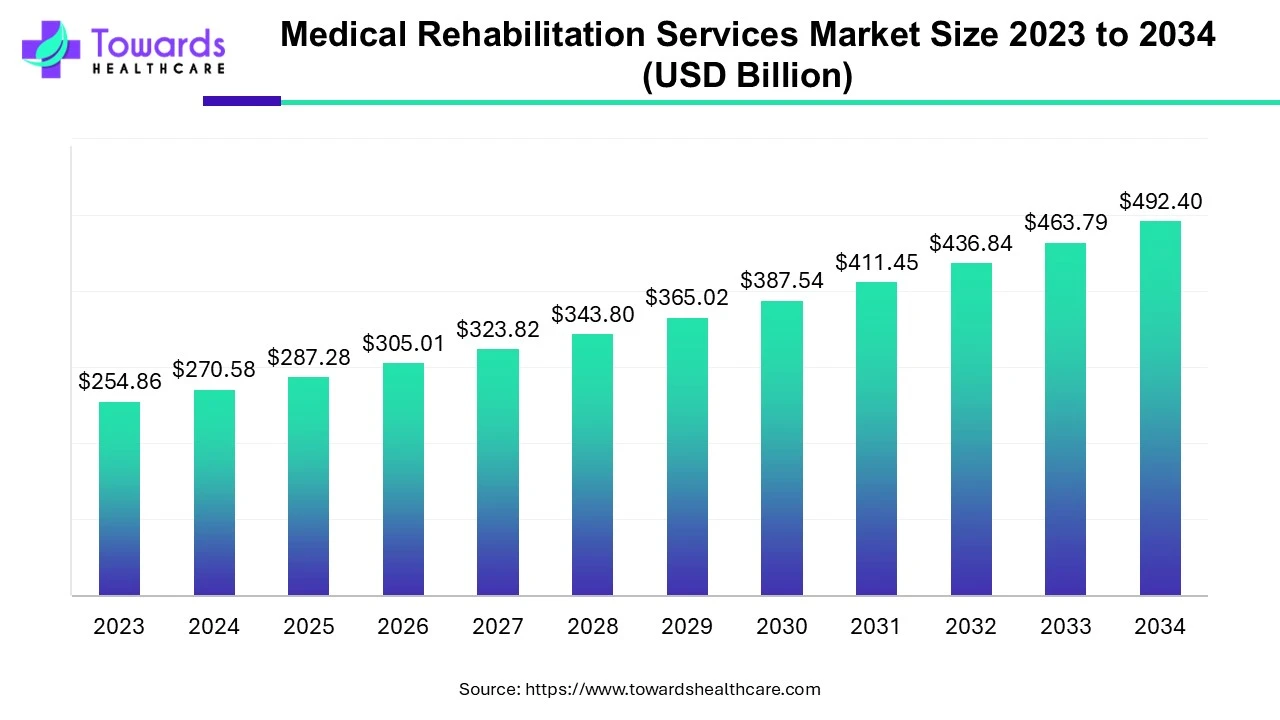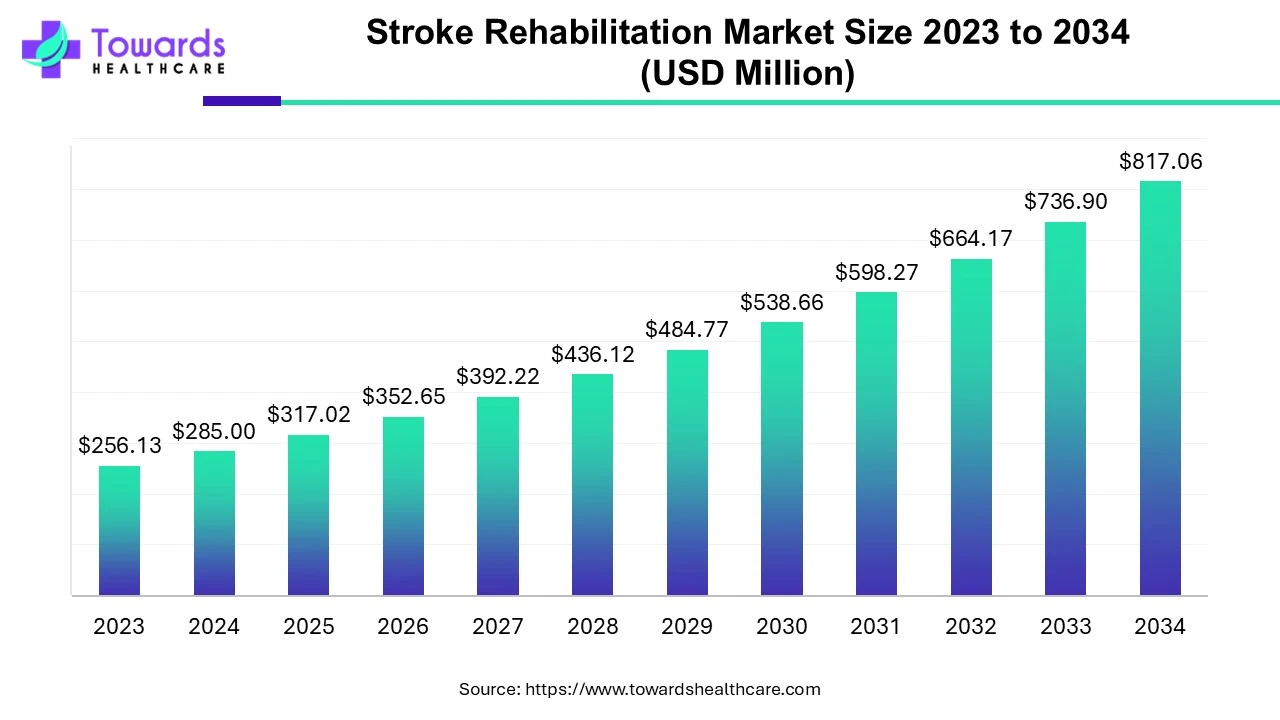Digital Health Market Overview and Growth Opportunities
The global digital health market, valued at USD 262.63 billion in 2022, is projected to reach USD 939.54 billion by 2032, with a CAGR of 13.1%. Growth is fueled by rising demand for mobile health apps and expanding use of AI, IoT, and big data.

Download statistics of this report @ https://www.towardshealthcare.com/download-statistics/5040
From Healthcare to Health Solutions: Ensuring Effectiveness, Efficiency, Equity and Sustainability for All
The digital health market refers to the use of digital technologies, such as mobile devices, wearable sensors, health information technology, and telehealth, to improve healthcare delivery and patient outcomes. The market encompasses a broad range of products and services, including mobile health apps, remote patient monitoring devices, electronic health records (EHRs), telemedicine, and health analytics.
The digital health market is experiencing significant growth due to several factors, including the increasing adoption of mobile devices and internet connectivity, the need to reduce healthcare costs and improve patient outcomes, and the growing demand for personalized and convenient healthcare services. The COVID-19 pandemic has also accelerated the adoption of digital health technologies, as healthcare providers and patients seek ways to safely and remotely manage healthcare.
The market is expected to continue to grow as advancements in technology, such as artificial intelligence, machine learning, and big data analytics, enable the development of more sophisticated and effective digital health solutions. However, there are challenges to overcome, such as data privacy concerns, interoperability issues, and regulatory oversight.
Digital Health Market Comapnies
- BioTelemetry Inc.
Focuses on mobile and wireless medical technologies, specializing in remote patient monitoring, digital health solutions, and cardiac monitoring services. - eClinicalWorks
Offers cloud-based electronic health records (EHR) solutions, practice management, patient engagement, and telehealth services. Known for supporting data analytics to improve patient care. - Allscripts Healthcare Solutions Inc.
Provides EHR, practice management, revenue cycle management, and healthcare analytics solutions. Allscripts supports interoperability to streamline clinical and financial workflows. - iHealth Lab Inc.
Specializes in consumer health products like wireless blood pressure monitors, glucometers, and fitness devices. Known for integrating with mobile apps to enhance personal health tracking. - AT&T
Delivers telemedicine, remote patient monitoring, and other IoT-enabled healthcare solutions. The company leverages its telecom expertise to enhance connectivity in healthcare settings. - Honeywell International Inc.
Supplies healthcare solutions, including remote patient monitoring and digital health platforms. Honeywell’s solutions are designed to optimize operational efficiencies and patient safety. - Athenahealth Inc.
Known for its cloud-based EHR, revenue cycle, and patient engagement solutions, Athenahealth aids in managing clinical, financial, and administrative data for healthcare providers. - Cisco Systems
Provides healthcare-specific networking, security, and collaboration tools. Cisco’s telemedicine and video conferencing solutions are widely adopted in virtual care settings. - McKesson Corporation
A leader in healthcare supply chain management and health information technology, offering software and analytics solutions to streamline provider and payer operations. - Koninklijke Philips N.V.
Focuses on health technology, including advanced imaging, patient monitoring, and telehealth solutions. Philips also integrates AI for predictive analytics and personalized care. - AdvancedMD Inc.
Provides cloud-based EHR, practice management, and telemedicine software designed for independent practices, offering an integrated platform to improve patient care and operations. - Cerner Corporation
A leading provider of health information technology solutions, including EHRs, population health management, and analytics. Cerner’s tools are used to improve patient outcomes and optimize care delivery.





